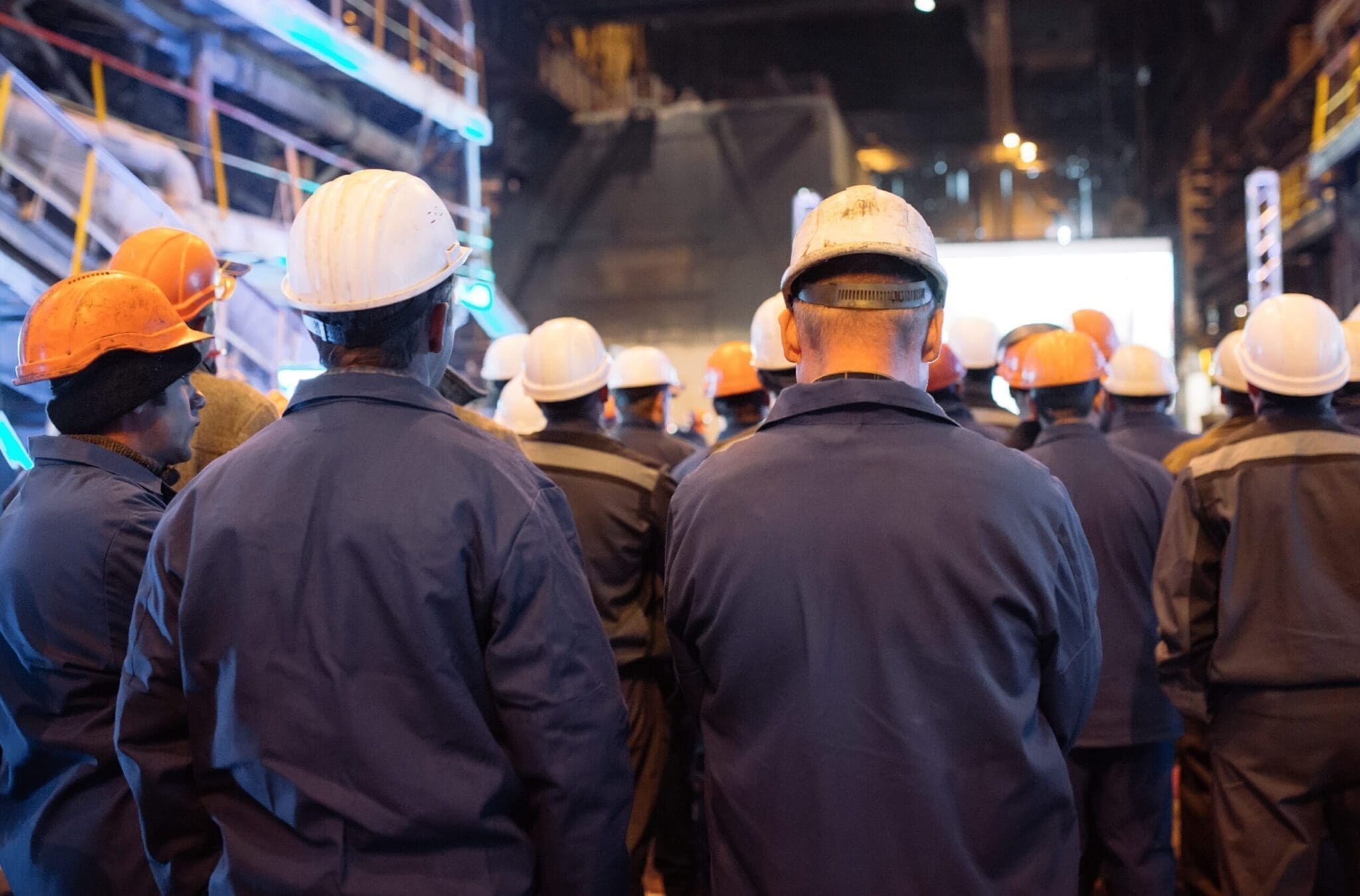The humanitarian disaster resulting from the Ukraine conflict plays out on social and broadcast media across the world daily. But as the migration of refugees continues across Europe, many NGOs and charities have highlighted concerns that the risk of human trafficking and modern slavery will rise exponentially as vulnerable Ukrainian refugees are targeted.
In this Ask the Expert, Adam Whitfield, Head of Assurance Strategy at Achilles offers insight into how businesses can take responsibility for ensuring there is no modern slavery in their supply chain.
- From a modern slavery perspective, what are the concerns being raised around the Ukrainian crisis?
Since the invasion of Ukraine, we’ve now seen over 5 million people (largely women and children) escape the conflict by travelling to neighbouring countries like Poland, Romania and Slovakia. This huge migration of people has prompted many leading anti-trafficking groups to highlight the vulnerability of those fleeing the country following reports of attempts to traffic women and girls. Traffickers are seizing the opportunity to exploit displaced people in unfamiliar surroundings who have left their lives behind at short notice.
Quite rightly many charities, such as Unseen UK with their resource pack to support Ukrainian refugees, are voicing their concerns for those seeking refuge who may fall prey to criminal gangs across Europe, whether offering places to stay, opportunities of work or onward travel to other countries. This situation is exacerbated where people have few ties to the country, limited understanding of language and may have left important documents behind during their escape. This alongside the fog of war increases the risk of Ukrainian refugees falling into modern slavery.
There should also be consideration to the risks associated with those that seek refuge in the United Kingdom. Through our Ethical Business Programme, we’ve seen large numbers of Eastern European workers who have been exploited due to a lack of awareness of worker rights or legislation in the UK. The immense response to housing refugees in UK homes is not without its issues either. Unless thorough checks are undertaken on the sponsors there are also risks of gangs or individuals exploiting the scheme.
- What action should businesses take to ensure there is no modern slavery in their supply chain?
As a minimum, companies should be engaging with their supply chain to understand the processes that have been adopted by their suppliers to prevent modern slavery. Gathering information on their activities to prevent modern slavery within the supply chain.
It’s important to recognise this is a minimum step and should be combined with assessment and interrogation of the supply chain to assess the due diligence processes that exist. Combined with active engagement and support in educational activities or awareness campaigns. For instance, how can your own staff and suppliers identify potential cases of modern slavery? If staff identify issues, are they aware of appropriate reporting mechanisms available to them?
According to Adam, ”creating a transparent and collaborative supply chain committed to continually improving due diligence and awareness may not completely eradicate the problem but it will help to prevent it as much as possible.”
If you are concerned about any potential risks of modern slavery in your business and would like to monitor everyone in your supply chain to ensure they are treated fairly, including subcontractors, get in touch to talk to our team of experts.



